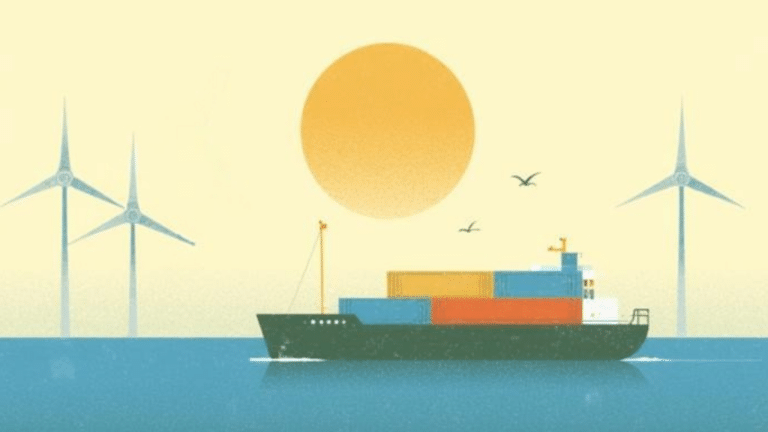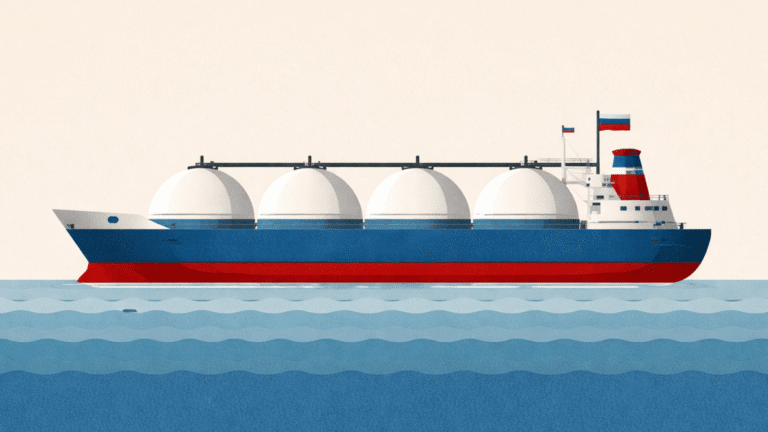Could a strategic lithium reserve kickstart US supply chain development?
NEW YORK -- A strategic lithium reserve is being mooted as a solution to stabilize volatile prices that have hindered American mining projects, allowi
Current Access Level “I” – ID Only: CUID holders, alumni, and approved guests only
The world’s oil and gas supermajors have been managing lots of headwinds these days not only from the market, but also rising social pressures to move more urgently to address the threat of climate change. Some oil majors have been exploring low-carbon sources of energy, expanding their businesses into power and other parts of the energy sector even as most of their capital expenditures remain in their traditional businesses. As such, the role of the oil and gas industry in the energy transition is a timely and increasingly important topic.
This week on the Columbia Energy Exchange podcast, host Jason Bordoff is joined by Maarten Wetselaar, Director of Integrated Gas & New Energies and Member of the Executive Committee of Royal Dutch Shell. He’s responsible for Shell’s gas business, including its industry-leading liquefied natural gas and gas-to-liquids businesses. He also leads the new energies business, including Shell’s investment in new fuels, new energy carriers, and new business models for a low-carbon future.
Jason and Maarten discuss the role of the oil and gas industry in the energy transition, and prospects for addressing climate change and reducing emissions, while meeting the growing demand for energy.
This has been a crucial year for US energy policy. The passage of the One Big Beautiful Bill Act eliminated many of the clean energy incentives that were...

Over the past week, President Trump has intensified pressure on Venezuelan president Nicolás Maduro by targeting the regime’s economic lifeline—oil. The United States has seized two oil tankers...

If it seems like you're hearing a lot more about geothermal energy lately, that's because this clean, firm energy source is at a technological turning point. With roots...

Investment in clean energy technologies is on course to hit a record $2.2 trillion this year, according to the International Energy Agency. That’s more than twice the amount...

The country could see a relatively rapid recovery of some oil production, depending on the leadership that emerges.

Early on 3 January 2026, the United States launched a military operation to arrest President Nicolás Maduro and remove him from Venezuela. This operation also involved the arrest...

This Energy Explained post represents the research and views of the author(s). It does not necessarily represent the views of the Center on Global Energy Policy. The piece...

Geopolitical uncertainty associated with Russian gas exports could swing the range of those exports by an estimated 150 bcm per year.
